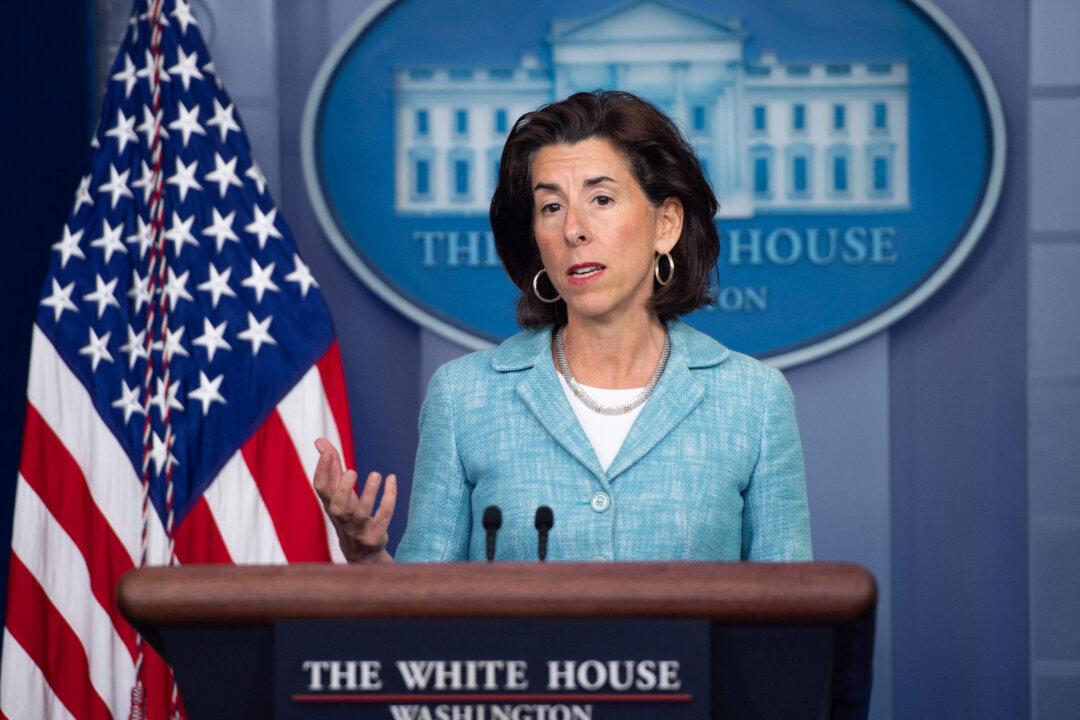WASHINGTON—The Biden administration announced on July 22 an economic development plan that would invest $3 billion to support jobs and economic recovery in distressed and underserved communities affected by the pandemic.
The initiative would bring “transformative growth” to communities throughout the country by investing in infrastructure, innovation, and workforce training, according to Secretary of Commerce Gina Raimondo, who announced the details of the investment plan.





